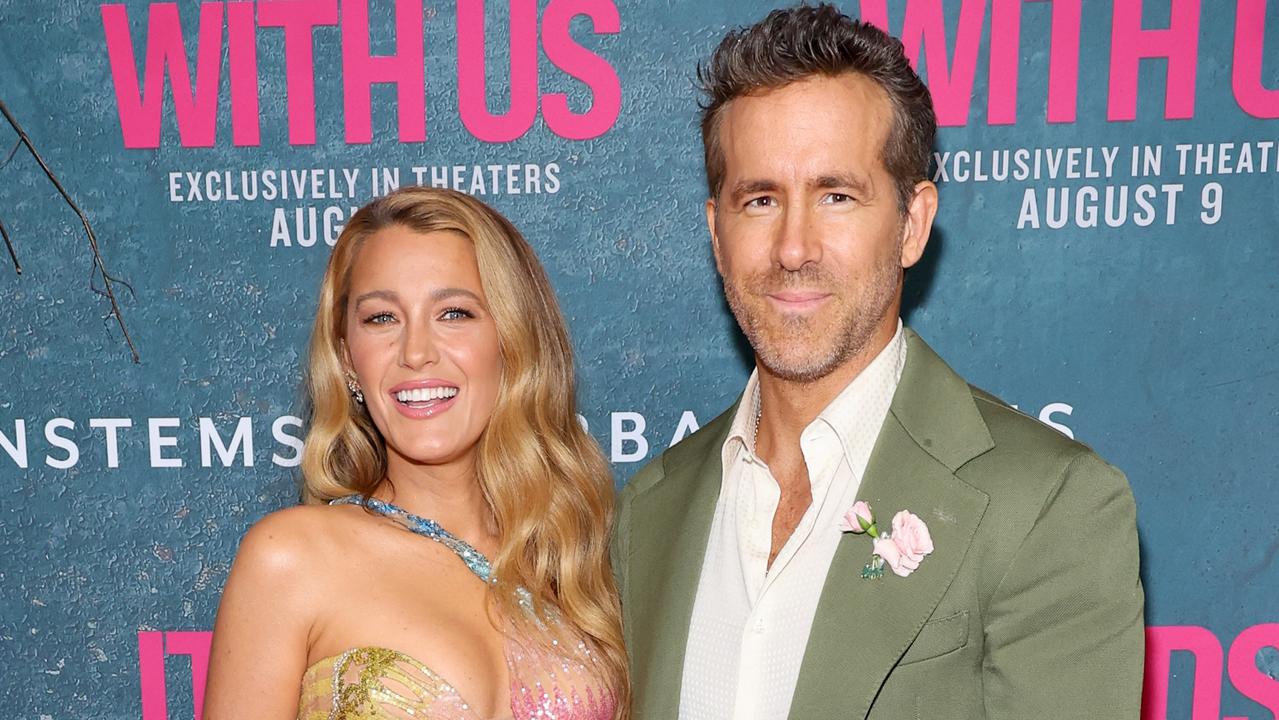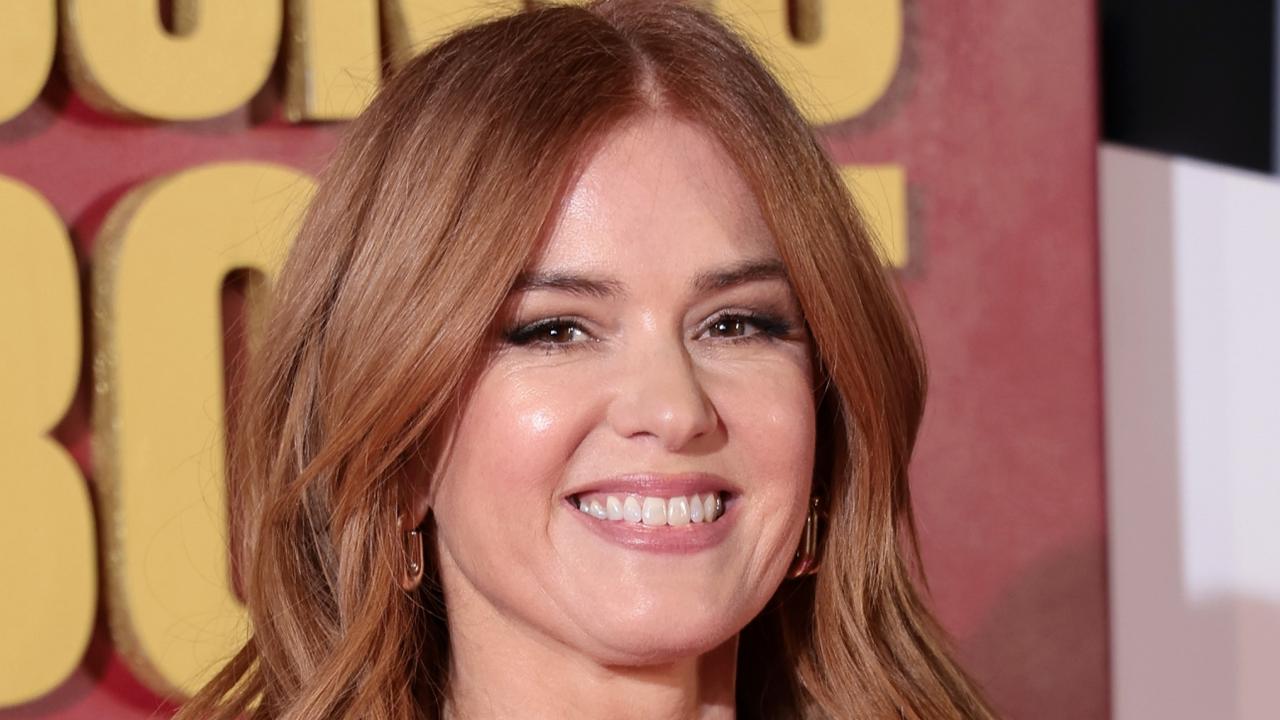Alli Simpson reveals trolling experience and why she fears for next gen social media users
The brutal truth about social media trolling has been revealed, with one prominent figure saying the Gold Coast’s influencer culture is a “breeding ground” for jealousy and anxiety. FULL STORY >>>

Entertainment
Don't miss out on the headlines from Entertainment. Followed categories will be added to My News.
She’s navigated the tumultuous world of Hollywood, and wrangled venomous snakes and creepy crawlies in the jungle – but global starlet Alli Simpson says her biggest fears are the dangers impressionable young minds deal with on social media.
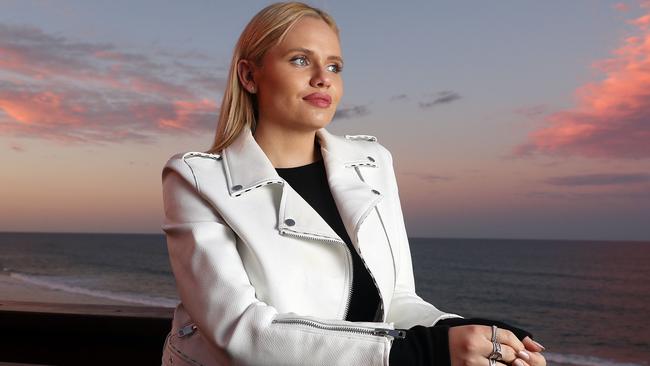
So much so, the singer, actress and model holds serious concerns for the safety of her future children as the world becomes more obsessed with a toxic social media culture, and cyber bullying skyrockets among young people.
The Gold Coast native, who first took on the bright lights of Hollywood as a teen, knows all too well the pitfalls of fame, rendered an easy target for vicious and often nameless online trolls since launching her YouTube channel aged 13.
Now 23, the talented triple threat is laying bare her own trolling experience, sharing how she’s now hellbent on helping inspire the next generation of users – even young adults – to rethink the way they rely on social media.
Simpson jumped at the chance for a candid discussion when contacted by the Bulletin, revealing she worries how popular online platforms like Instagram and TikTok and influencer culture perpetuate a dangerous cycle of comparison and anxieties among users – her own fans included.
Though its benefits are vast, notably aiding her and musician brother Cody’s careers in the early days, she says the scrutiny users are subjected to online has only intensified.
Tammy Hembrow (13.6 million followers), Emily Skye (2.5 million) and Gabby Epstein (2.5 million) are among the most followed Gold Coasters on social media.
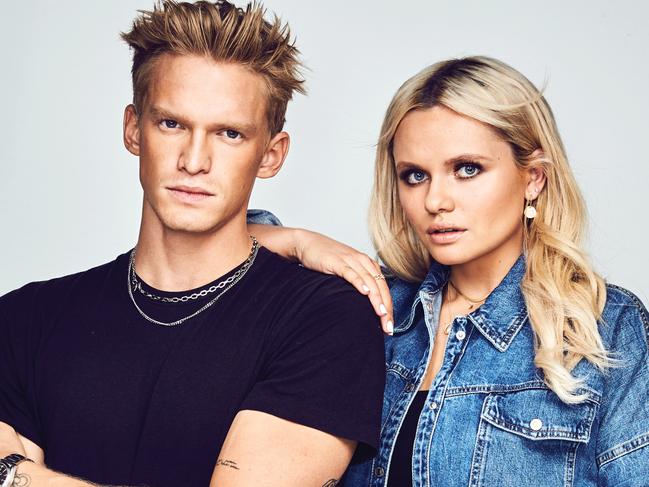
“I hate it. I’m scared for my children’s future for what it’s going to be like then. It’s just a highlight reel of people’s lives and if I’m honest I’m guilty of that too at times,” she said.
“But I’ve also built my audience based around being vulnerable and honest with them.”
New data reveals 21 per cent of Australia’s Generation Alpha (aged 6-14) – arguably social media’s impressionable audience – joined TikTok in 2020, making the platform the second-most popular for that demographic behind YouTube.
Instagram proved the third most used last year for 69 per cent of Gen Z users as well as 19 per cent of Generation Alpha.
“It’s quite easy to take negative comments in a bad way at that age,” Simpson, who now has more than 1.2m followers, said of joining social media as a girl.
“You’re so young, you don’t know who you are just yet.”
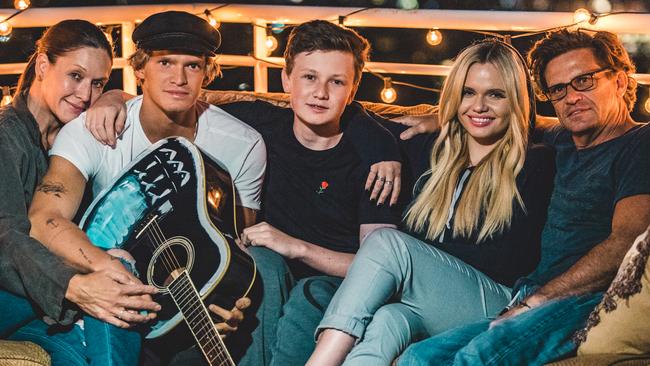
The blonde beauty, winner of Network Ten’s The Masked Singer and contestant on I’m a Celebrity Get Me Out of Here, admits she struggled with darker periods growing up.
“It’s definitely something that me and my brother have dealt with over the years but we have a really close tight-knit family, we talk to our family about everything,” she said.
“If comments were making me upset, I was lucky enough to have parents that I could turn to to talk through it. But there’s definitely been some nasty comments come my way.”
It was that same impenetrable foundation, reinforced by parents Brad and Angela and brothers Cody and Tom, that helped the then-12-year-old readjust to life in California, after leaving everything she knew on the Gold Coast.
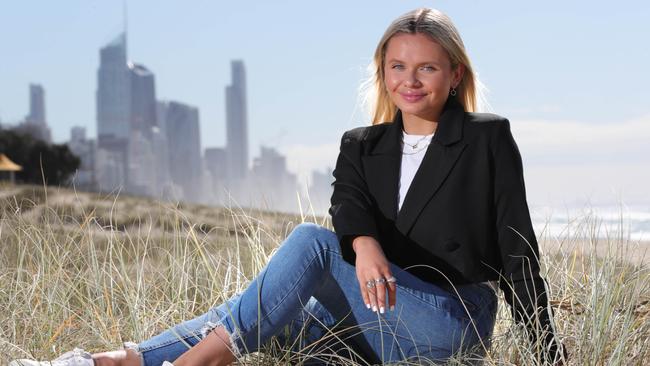
Her US tenure proved fruitful, landing a self-titled radio show on Radio Disney and audience of 10m weekly listeners, in addition to launching her debut single Notice Me.
But ultimately the superficial lifestyle brought her and her family back home permanently.
More than 10 years on and living back in Mermaid Beach, the blonde beauty says it has become easier to block out any online hate as she matured.
Fortunately the trolling has also dipped dramatically.
But Simpson – wise beyond her years – knows that’s not the case for everyone and often finds herself comforting followers who reach out to share their own struggles.
“There’s times where I’m speaking with fans who are really having a hard time, and I try to be there for them. I’ve found that talking can be the best medicine but sometimes getting to that point is also incredibly tough,” she said.
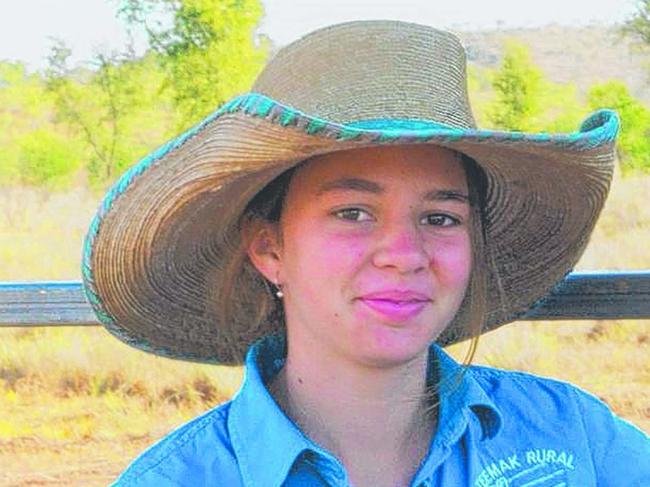
Sadly, the toll of digital pile-ons is evident by the tragedy of Dolly Everett, 14, who in 2018 took her own life following intense verbal, physical and online attacks.
According to the Australian Institute of Health and Welfare, 381 young Australians aged 18-24 died by suicide in 2020.
The statistics show another 99 suicides were recorded in children and teens aged 5-17. The majority of them fell within the 15-17 demographic.
Official statistics linking suicide rates to bullying are not available.
“I get concerned now for anyone using social media or being an influencer, but I’m more worried about more young people’s mental health because of it,” Ms Simpson said.
Australia’s booming influencer culture and the ever-prevalent obsession with fame which saturates social media these days only bolsters this.
“No one sees you if you’re sitting at home having a cry. No one sees that side and none of us can look into. It’s a breeding ground for so much jealousy and anxiety,” Simpson said.
“The biggest thing I could tell people is don’t chase fame. If you’re doing it for fame or status then you’re doing it for the wrong reasons.”
An ongoing issue
Though social media presents some benefits, Beyond Blue’s lead clinical adviser Dr Grant Blashki said young people’s access to 24/7 platforms means they never get a break from living “in the spotlight of their peer’s commentaries and judgments”.
“This doesn’t leave much room for self-development and just getting comfortable in one’s own skin,” he said.
Cyber bullying has become so prevalent, in fact, that media personality Erin Molan spearheaded a campaign to create unprecedented legislation to hold trolls accountable.
“Cyber-bullying is unfortunately common, and usually involves repetitive, purposeful, hurtful comments to another person feel bad or humiliated,” Dr Blashki said.
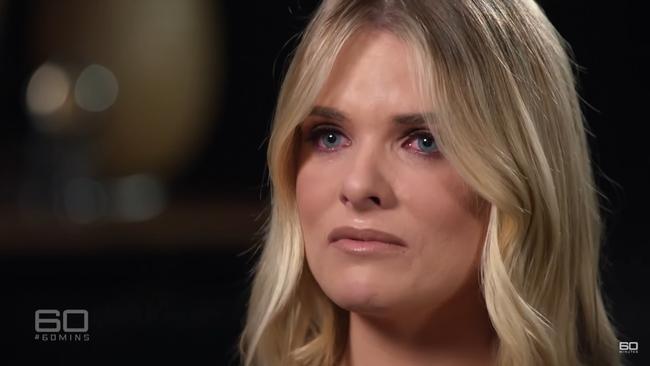
“Keep evidence including a screenshot, block or remove the bully, and you can report bullying behaviour to the eSafety Commissioner if it continues.”
The Online Safety Act 2021, passed by the Commonwealth earlier this year, could force platforms to remove abusive or violent content and block sites that refuse.
Legislation also extends to individuals found guilty of cyber bullying and outlines a maximum penalty five years imprisonment for using a carriage service to harass.
Just this week, Prime Minister Scott Morrison announced a proposal that requires social media companies to provide the identity or details of nameless online trolls in defamation cases.
“Encouragingly, we’re increasingly seeing more and more people openly discuss their mental wellbeing online, especially young people,” Dr Blashki said.
“However, not all online spaces may be as safe and supportive as we’d hope – we do need to treat them with some caution and be aware of trolls, negative content and misinformation.”
How parents can help
Dr Blashki says there a few crucial tactics parents or guardians can adopt to better improve the safe use of social media among young people:
Speak to young people about the negative impacts:
“Kids can have unrealistic expectations about themselves when they compare to the highly curated portrayal of other people’s “perfect” lives,” Dr Blashki said.
“Another trap kids can find themselves in is a self-reinforcing echo chamber of misinformation, or negative information. This is sometimes called “doomscrolling” and has been a particular phenomenon during the pandemic.”
Set time limits for phone usage:
“Setting some time limits on the phone is important, for example, plugging in the device outside the bedroom overnight to give their mind a rest,” Dr Blashki suggested.
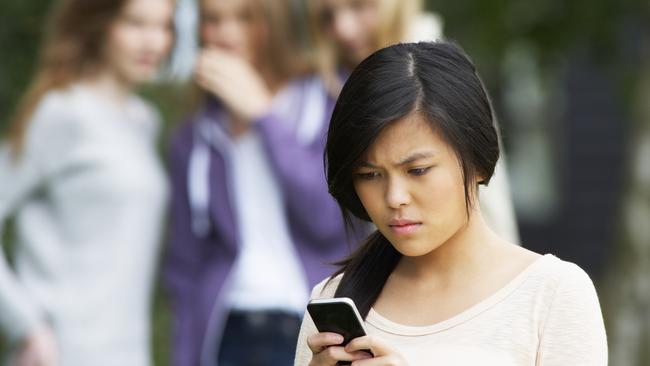
Educate young people on cyber bullying:
“It’s good to remind kids not to be part of the bullying and if they see bullying they can take a stand, refuse to participate, not forward the bullying material and drop out of groups where bullying is occurring,” Dr Blashki said.
“Bullying can be reported to the eSafety Commissioner.”
Register your child’s real age on apps:
“Social media sites have their own minimum age requirements, usually at least 13 years, of age before they can register, but it can vary depending on the maturity and the situation for the child,” Dr Blashki said.
“It’s better to put in your child’s real age as there are some default security settings.”
Monitor your child’s usage:
Dr Blashki suggests setting up high privacy and security settings for a young person’s accounts: “Talk with them about what to do if they come across inappropriate behaviour or posts online,” he said.
“With younger kids, be one of their ‘friends’ online, and depending on the situation, it’s safer to know their password, so you can keep an eye on what’s going on.”
Parents can also access tools such as the Parents Guide to Instagram and Helping your Teens Play it Safe by Facebook for more tips.




